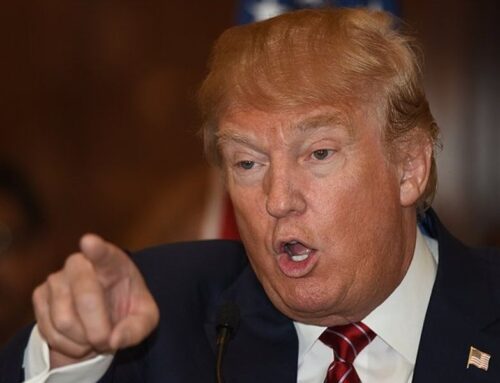Utility Leaders Unite To Invest Over $116 Billion Annually In Renewable Energy And Grid Infrastructure
September 26, 2024
The world’s leading utility companies have declared a joint intent to invest over $116 billion annually in clean power generation and grid infrastructure as they work toward 2030 climate targets. This announcement was made during New York Climate Week by members of the Utilities for Net Zero Alliance (UNEZA), which includes 39 partners, among them 32 of the largest utilities and energy companies. Together, these firms serve more than 327 million customers globally and aim to increase their renewable energy portfolios by 2.6 times by 2030.
Nearly half of the planned investment will focus on enhancing transmission and distribution infrastructure. This announcement is part of a broader effort to accelerate the transition to cleaner energy sources and to address the increasing demand for essential equipment and materials needed for a sustainable power system. In conjunction with the investment commitments, UNEZA members have published a statement recommending that policymakers take action to ease supply chain constraints that are currently hindering progress.
The recommendations include harmonizing equipment standards across regions to create a larger market, promoting the free flow of supplies, and establishing integrated long-term planning that allows for multi-project approvals. These actions are designed to ensure that the energy transition is smooth and effective.
Razan Al Mubarak, the UN Climate Change High-Level Champion for COP28, emphasized the significance of UNEZA’s collaborative efforts to achieve climate solutions. She noted that today’s commitments highlight both the scale and ambition of their initiatives, setting a strong foundation for a sustainable future driven by shared commitments from utilities.
Earlier this year, at the 14th IRENA Assembly, UNEZA members adopted a roadmap targeting an increase of 849 GW of renewable energy capacity in their portfolios by 2030. This roadmap, along with a grid infrastructure action plan, aims to eliminate barriers that hinder investments in clean energy and grid modernization.
Francesco La Camera, Director-General of IRENA, stressed the importance of upgrading grids to meet the global goal of tripling renewable power capacity by 2030. He pointed out that annual investments in infrastructure need to reach $720 billion by 2030, mainly from the private sector. The commitment to invest in renewables and power grids is a crucial step in closing the financial gap necessary for achieving net-zero targets.
Jasim Husain Thabet, CEO of TAQA and a co-chair of UNEZA, highlighted that the utilities sector is serious about the energy transition and the need to address supply chain bottlenecks through cooperation. He emphasized the necessity of long-term strategies to ensure robust supply chains, especially since critical equipment like transformers can take years to procure.
Alistair Phillips Davies, CEO of SSE, echoed the sentiment, noting that increased supply chain capacity is essential for a successful transition to clean energy. He called for long-term policies that provide the certainty needed for supply chain companies to invest in building capacity.
Andreas Schierenbeck, CEO of Hitachi Energy, pointed out that as electrification and integration of renewables expand, the complexity of power grids also increases. He called for better long-term planning and incentives to ease pressure on supply chains.
Overall, the utility companies’ commitments signal a strong collective move toward meeting the ambitious target of tripling renewable energy capacity by 2030, which is essential for a sustainable and secure energy future.
Related
Search
RECENT PRESS RELEASES
Related Post







